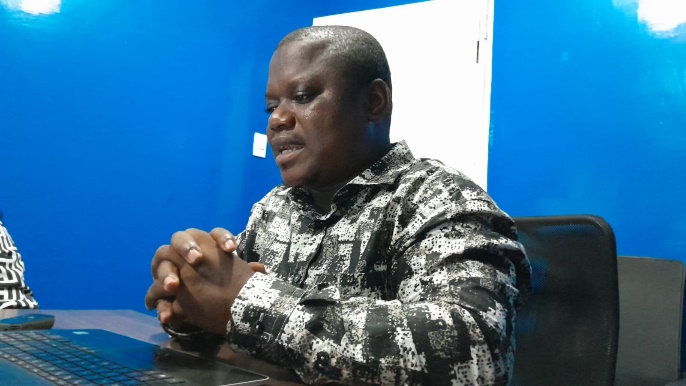To minimize malaria cases and its deaths of children, adult, especially pregnant women nationwide, the Ministry of Health and Social Welfare, through the government and partners, launched 2022 Liberia Malaria Indicators Survey (LMIS) to make the country free of the disease by seventy-five percent.
“Our goal is to reduce malaria by 75%. Overall, 11% of prevalence is what we want to see by 2025,” D. Levi Hinneh, Project Manager of Malaria Indicators Survey (MIS) 2022, said during the overview of LMIS.
The program has 150 clusters and objectives to address, which include malaria mortality and case incident reduction by 75%, and to promote and maintain the culture of evidence decision making that will help us have a preference on all of the support strategy and maintain the capacity of the program, according to Hinneh.
During the exercise, which will last for 65 days nationwide, team members will collect data on the survey of household ownership of mosquito nets and their use by children, women, and so on. They will test children under five years old also.
The objective is to generate up-to-date demographics and health indicators at the national and sub-national levels, according Hinneh.
The 65-day survey will be the fifth malaria survey conducted by the ministry. The first was conducted in 2005 and had 66% prevalence; the second in 2009 when it dropped to 32% for microscopic and 37% for RDT; the third in 2011 when the prevalence was 28% and TDT 45%; and the fourth in 2016, when prevalence was 45% RDT and there was no microscopic, according to the ministry’s data information.
The program is implemented by four partners: Ministry of Health, Demographics Health Program and the Liberia Institute for Statistics for Geo-Information (LIGIS), and DHS, which did the preset.
In a related development, Dr. Cement Peter, World Health Organization (WHO) representative, launched the LMIS.
“Today, Liberia is launching malaria nationwide survey,” Dr. Peter said. “The concept behind this indicator survey was to measure indication of progress of malaria at the control and elimination.”
Africa is on WHO record as being highly hit by malaria, and so Dr. Peter observed that “it remains the main illness and deaths in our environment and community”.
He added that the WHO malaria cases in 2020 were 237,000,000, compared to 2019, an increase of 69,000 over the previous years, and estimated deaths were at 627,000.
“Africa region continued to carry the disease. In 2020, the region was a home of 95% of all malaria cases and 96% death,” Dr. Peter said. “Four African countries accounted for those malaria deaths globally: Nigeria, Democratic Republic of Congo, Tanzania and Mozambique.”
“Strategies reducing the malaria case incident and mortality 40% by 2030 is a happy task,” he added. “So in a broader sense, malaria is not only the health issue, but also developmental, economic, political, security, environmental, agriculture, educational and social issues,” he noted.
Minister Wilhelmina Jallah and others courageously backed the initiative and challenged the team members to be civil and reach to the remotest parts of Liberia.







